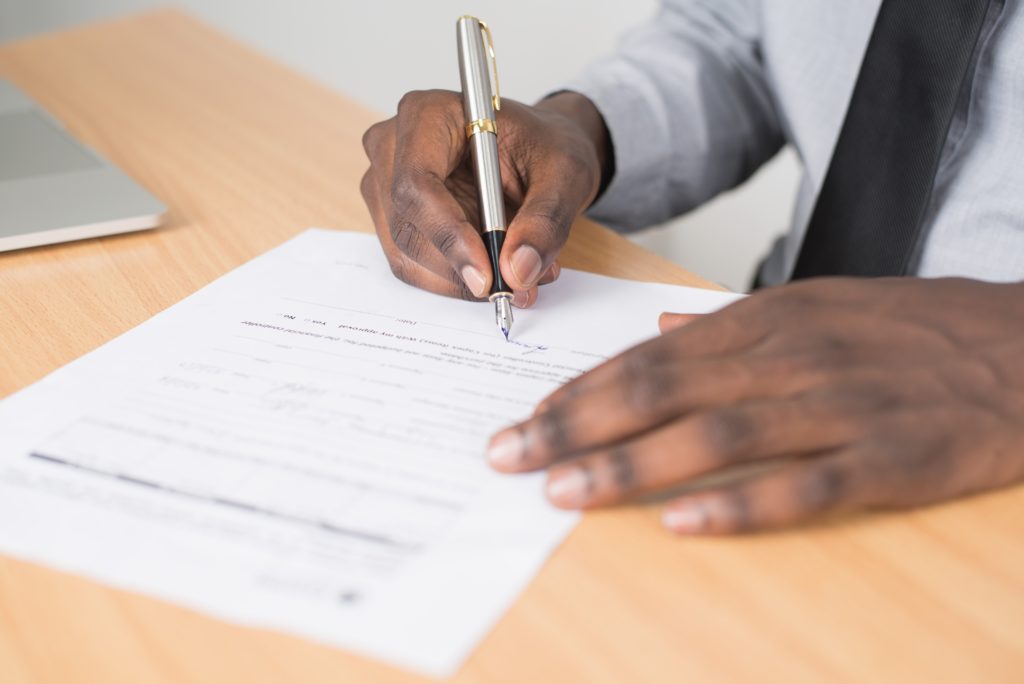People hold offshore trusts for a variety of different reasons, from controlling and protecting your family assets to tax and estate planning. But what makes a trust ‘offshore’? And what should you know before settling one? We’ve put together a list of considerations to give you the confidence you need, to explore your options further.
WHAT IS A TRUST?
Simply put, a trust is a legal relationship between three parties; the trustee, the beneficiary and the settlor. When a settlor puts their assets into a trust (whether that be property, money, land or investments), they’re securing their wealth for a trustee to manage it. The beneficiary is the person who will benefit from the trust and can be multiple people.
The most popular use of a trust is to ensure that the settlor’s affairs are protected against the misuse of the beneficiaries. For example, if the beneficiary is too young to know how to manage money responsibly, a trust will help safeguard your assets. So depending on who your beneficiary is, it may depend on whether a trust is the best option for you.
WHAT MAKES A TRUST ‘OFFSHORE’?
Choosing between a trust or an offshore trust is down to your individual circumstances. An offshore trust is one where the trustee is not a resident of the UK (or the same country as the settlor). While the parties and end goals remain the same as a trust, an offshore trust could provide additional layers of protection and lower your tax liability, depending on your home country.
WHAT ARE THE BENEFITS OF AN OFFSHORE TRUST?
There are many advantages that an offshore trust can bring, including confidentiality, security and tax advantages. Holding your assets under a well-reputed jurisdiction typically ensures stronger privacy, and diversifying your assets with a foreign trustee helps you minimise the risk of tax reforms or banking regulations. So, when placed in tax-free jurisdictions, an offshore trust may not be subject to incur income tax or capital gains.
WHERE SHOULD I SET UP MY OFFSHORE TRUST?
Determining the right jurisdiction for your offshore trust will depend on a variety of factors. You must consider your country of residence and citizenship, as well as that of the beneficiaries. Your individual circumstances and how you plan to use your offshore trust will also be factors to consider as you explore your options further.
WHAT ARE THE TYPES OF OFFSHORE TRUST?
From Charitable trusts to Bare trusts, Fixed trusts to Discretionary trusts, there are many different types of trusts to consider. The most appropriate structure will depend on the settlor’s personal circumstances, which is why we recommend seeking professional help before reaching your final decision.
HERE TO HELP
At Turner Little, we listen to your bespoke needs and work with you to help you and your family plan for the future. With over 20 years of experience in international banking and a comprehensive understanding of offshore trusts, we can offer you quality advice on securing your assets. To find out more about how our offshore trusts can help you, get in touch with us today.


